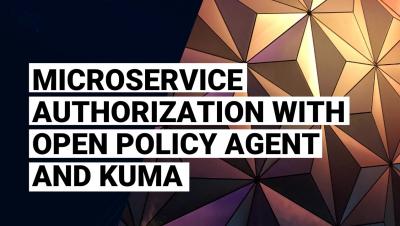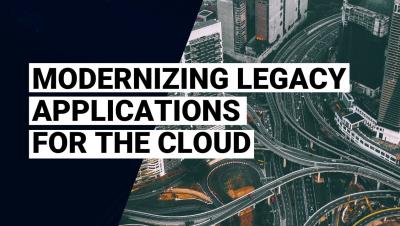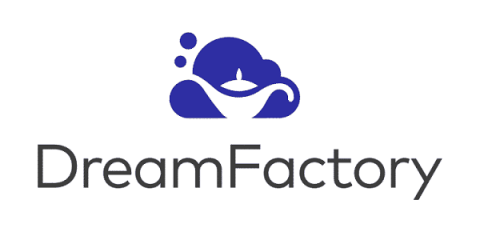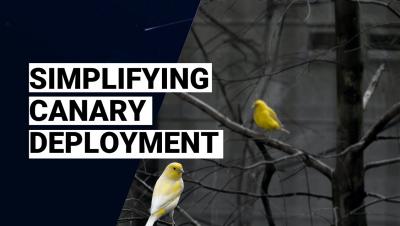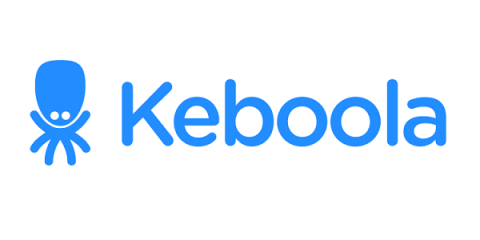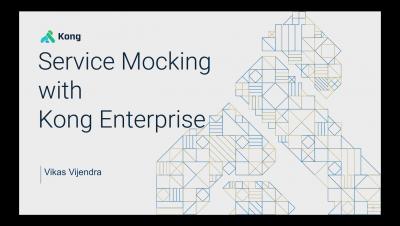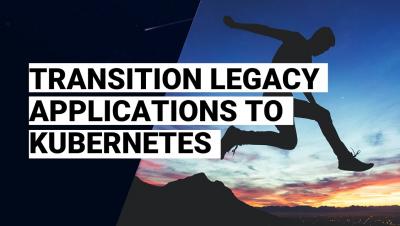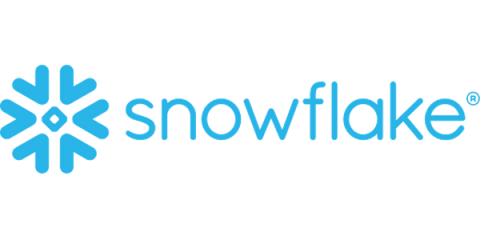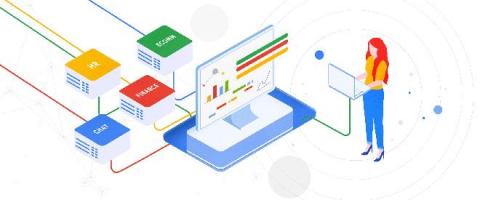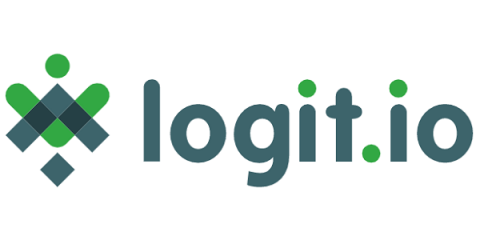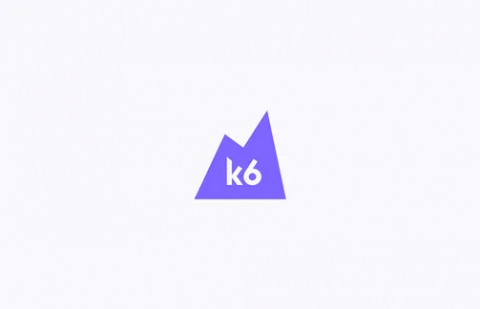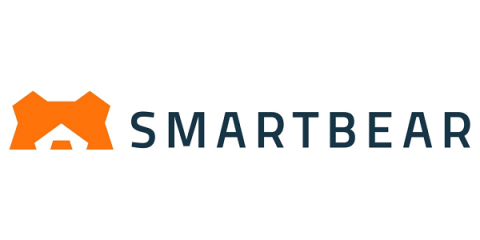Systems | Development | Analytics | API | Testing
November 2020
Modern Data Architecture to Support Healthcare During a Pandemic and Beyond | Kong Summit 2020
Modernizing Legacy Applications for the Cloud | Kong Summit 2020
Powering your APIs with Kong and AWS Lambda
How to Achieve Successful Digital Transformation
Practical Implementation of Good Security Hygiene for Mobile Apps | Kong Summit 2020
Kong Mesh 1.1 GA Released
After having announced Kuma 1.0 GA with over 70+ new features and improvements (and Kuma 1.0.1 this week), we are finally happy to announce a new major version of Kong Mesh that includes all the latest Kuma features – and more – in a fully supported enterprise package. With Kong Mesh 1.1 we can now deploy the most advanced enterprise service mesh in production across every cloud and private datacenter, on both Kubernetes and virtual machines.
Simplifying Canary Deployment | Ingenia | Kong Summit 2020
Kuma 1.0.1 Released
We are happy to announce the release of Kuma 1.0.1 with a few improvements and fixes, and we suggest to upgrade to start using the greatest and latest. This is a minor update on top of Kuma 1.0 that shipped last week with over 70+ features and improvements. For a complete list of features and updates, take a look at the full changelog. Join us on our community channels to learn more about Kuma, including our official Slack chat.
How to Send Behavioral Emails with Mailgun and Moesif API Analytics
In this guide you’ll learn how to send Moesif behavioral emails with Mailgun. Moesif behavioral emails is a service that sends emails to customers based on their requests to your API. These emails can be used to notify users about technical issues, such as API limits or broken integrations, as well as business-related events such as how many items you’ve shipped. If something can be mapped to an API call, then you can send an email on it.
How to load data to REST APIs
Journey to the Cloud: From On-Prem to Public Cloud With Kong | Tyler Technologies
Service Mocking with Kong
Implement a Canary Release with Kong for Kubernetes and Consul
From the Kong API Gateway perspective, using Consul as its Service Discovery infrastructure is one of the most well-known and common integration use cases. With this powerful combination more flexible and advanced routing policies can be implemented to address Canary Releases, A/B testings, Blue-Green deployments, etc. totally abstracted from the Gateway standpoint without having to deal with lookup procedures.
Taking the Leap Seamlessly Transition Legacy Applications to Kubernetes
Service Design Guidelines with OpenAPI and Kong - Part I
We are in the midst of an explosion of APIs and microservices. For some, the first instinct of creating an API is to get down to building one. Some level of planning will help manage the quality of APIs when working within a team. In this series of blogs, we will be sharing some guidelines on service design while working on API projects with Kong. Let us start by focusing on how to go about designing APIs that end up as entities that the Kong API Gateway runtime understands.
What is API Observability
API Observability is a key component to properly execute APIOps Cycles and ensure your building something of value for your API users. If you’re not familiar with APIOps Cycles, take a look at this guide which provides an agile framework to quickly build APIs that are business-oriented and serve customer needs. API Observability itself is an evolution of traditional monitoring and born out of control systems theory.
How APIs expand reach and drive ROI for content producers
Over the course of just a few years, the ways in which we consume content have changed dramatically. In order to compete in this new landscape and to adapt to the technological change that underpins it, media studios and other content producers should consider providing relatively open access to their proprietary content. This necessitates a cultural change across the industry.
Automating the Development Pipeline to Rapidly Design, Publish and Consume Services
Election Reporting at Scale - DreamFactory and Decision Desk HQ
Support for Calling External Functions via Azure API Management Now in Public Preview
In June, Snowflake announced the public preview of the external functions feature with support for calling external APIs via AWS API Gateway. With external functions, you can easily extend your data pipelines by calling out to external services, third-party libraries, or even your own custom logic, enabling exciting new use cases. For example, you can use external functions for external tokenization, geocoding, scoring data using pre-trained machine learning models, and much more.
Kuma 1.0 GA Released With 70+ New Features & Improvements
Today is a big day for Kuma! Kuma 1.0 is now generally available with over 70 features and improvements ready to use and deploy in production to create modern distributed service meshes for every application running on multiple clusters, clouds, including Kubernetes and VM-based workloads. Before we unpack this release, a big thank you to the community and to the users that have helped releasing this major version of Kuma with their contributions and feedback.
Kong Enterprise 2.2 Now Generally Available!
Today, we’re proud to announce the release of Kong Enterprise 2.2 GA! Kong Enterprise 2.2 is built on top of version 2.2 of our popular open source gateway and brings with it a slew of new features and some Enterprise-only features on top. Let’s dive in! For a long time, Kong has supported not only HTTP/HTTPS traffic with REST and gRPC APIs, but also raw TCP streams. In version 2.2, we now extend our support to include UDP-based protocols as well!
What Are the Elements of Digital Transformation?
Four ways to generate value from your APIs
It’s been 24 years since Jerry Maguire hit movie theaters in 1996, and yet one line from the movie still resonates like no other.
Microservices vs API
In this article, we’ll cover the key differences between APIs and microservices as answered by our contributors consisting of senior decision-makers and CTOs from technology companies around the world. One of the most popular ways to consume data from a web service is through a web application programming interface (API). By interface, we are referring to an agreement, or schema, that anyone using this API must abide by.
Performance testing gRPC services
v0.29.0 contained a lot of interesting features. Have a look at the release notes for details! gRPC is a light-weight open-source RPC framework. It was originally developed by Google, with 1.0 being released in August 2016. Since then, it's gained a lot of attention as well as a wide adoption. In comparison to JSON, which is transmitted as human-readable text, gRPC is binary, making it both faster to transmit and more compact.
Kong Presents on Amazon Web Service's APN TV
Kong is excited to participate in Amazon Web Service’s (AWS) APN TV pilot program. This series of demonstration videos from AWS partners focuses on modern application development through the practice of DevOps – a perfect fit for Kong’s service connectivity platform. Microservice architecture involves building software as suites of collaborating services.
Podcast with Kin Lane the API Evangelist
We’re very pleased to have Kin Lane, the Chief Evangelist of Postman, joining us today. He has spent the last decade helping organizations think through their API lifecycles and how to optimize their business processes. He continues to be a prolific writer on his famous blog site, the API Evangelist. Kin shares his perspectives on API governance, guidelines for deprecating & versioning, and interesting implementations he’s see with Postman Collections, amongst many others.
SmartBear Expands API Design Options for Developers
Podcast with Okta on Best Practices for Developer Experience
Joining us today are two senior executives from Okta, the Identity and Access Management Service, that you’re probably already using given all of the work from home stuff going on. In a rolling discussion we cover product manager and DevEx best practices, including: making developers successful through compassion & not just empathy, how to end of life an API, why storytelling’s important across the whole company, what the different roles are in the DevEx universe, and many more.
Podcast with Okta on Best Practices for Developer Experience
Joining us today are two senior executives from Okta, the Identity and Access Management Service, that you’re probably already using given all of the work from home stuff going on. In a rolling discussion we cover product manager and DevEx best practices, including: making developers successful through compassion & not just empathy, how to end of life an API, why storytelling’s important across the whole company, what the different roles are in the DevEx universe, and many more.
5 Digital Transformation Trends for 2021
Apigee: Your gateway to more manageable APIs for SAP
Businesses migrating their SAP environments to Google Cloud do so for a number of reasons. Most cite the agility, scalability and security advantages of migrating SAP workloads to Google Cloud; many also focus on improved uptime and performance. At some point, most businesses also want to explore the idea that there's a fortune locked up in their business data—and that the cloud holds the key.
Kong Summit 2020 Opening Keynote with Kong Co-Founders & Special Guests
More Microapps, Less Work
A Look at the Key Takeaways from State of API 2020
There’s never been a more important time to pay attention to APIs. Given the impacts of a global pandemic, organizations are increasing their reliance on digital technology. Tools that support API development, testing, monitoring, and documentation have become crucial to enabling the success of digital initiatives.


